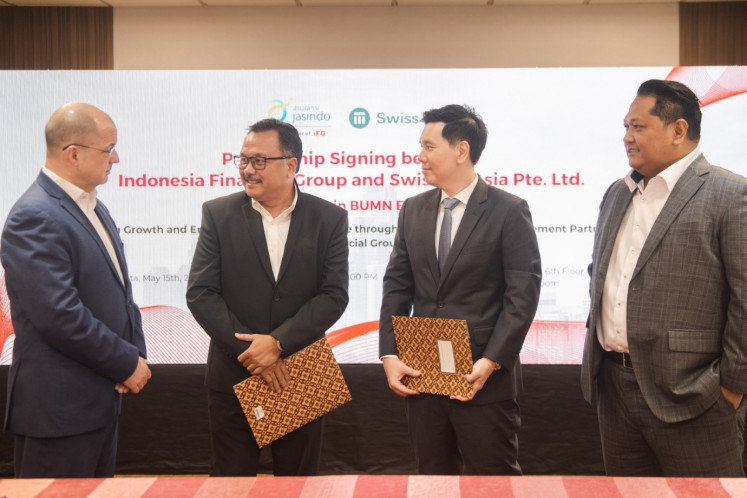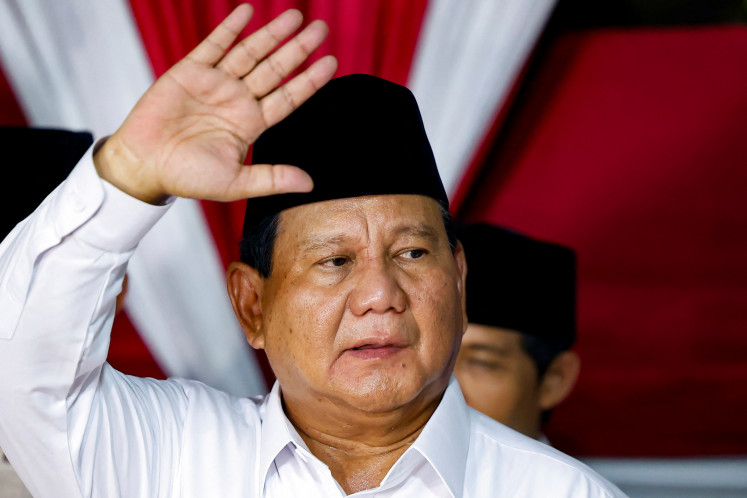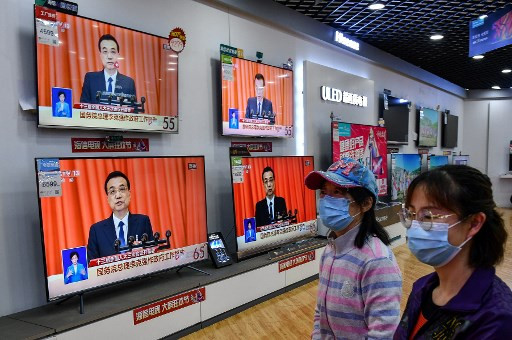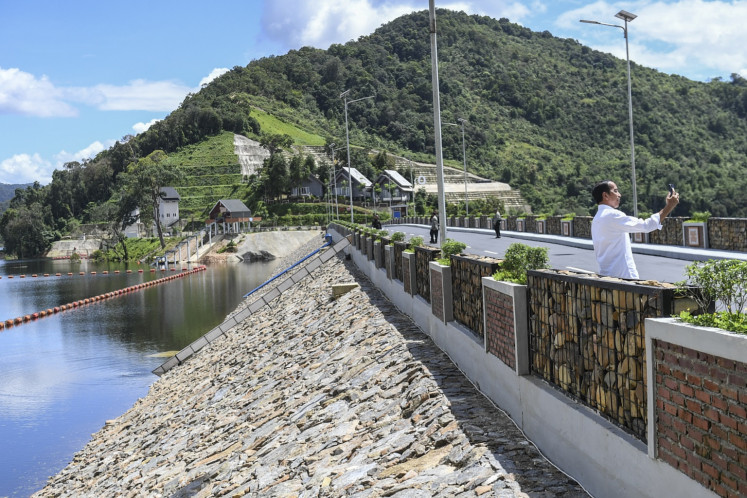Public Aspiration Network: National Library Holds FGD for 2025-2029 strategic plan
Change Size
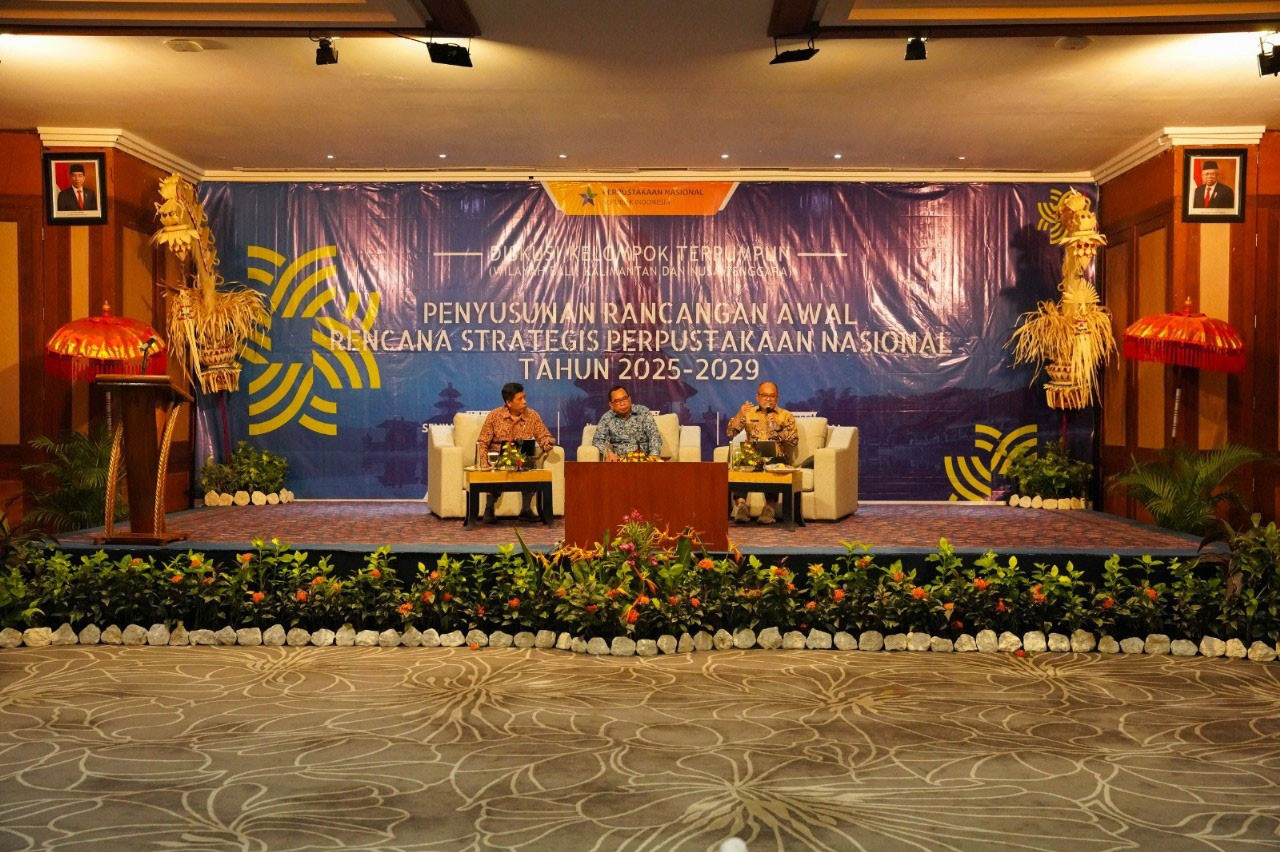
A
s part of the initial drafting of the 2025-2029 strategic plan, the National Library held a focus group discussion (FGD) in Bali, Nusa Tenggara, and Kalimantan on Monday at The Patra Bali. The purpose of this event was to gather community aspirations to obtain the best ideas for library development over the next five years.
Joko Santoso, the National Library's secretary-general, stated that in drafting the initial 2025-2029 strategic plan, it was necessary to build collaborative planning programs to achieve continuous development in libraries across central and regional areas. "This event is an appropriate platform for building collaborative planning programs to achieve continuous library development. Active participation from discussion participants is highly expected in this meeting by providing constructive input for better library development planning," he said in his opening remarks.
In addition to gathering aspirations and building collaboration among stakeholders, the FGD also aimed to identify strategic issues related to library development and align perceptions regarding the current state and future development expectations of libraries.
In the welcome session, Dewa Nyoman Sudarsana, the head of the Denpasar city Library and Archives Office, commended the National Library for choosing Bali as one of the locations for organizing the FGD for the National Library's strategic plan. "It is an honor for us in Bali province to host this event. Let us use this opportunity to contribute input and constructive thoughts for better library development planning in the future," he urged FGD participants.
Meanwhile, as FGD speakers, Joko and Didik Darmanto, the director of religion, education and culture at the National Development Planning Ministry/Bappenas, were guided by moderator Kusmeri, the chair of the Planning, Programs and Budget Working Group, and acting as a discussant Edi Wiyono of the National Library's Strategic Management Officer Team.
Didik outlined the direction and policies regarding literacy and library fields. One of them highlighted various measurements of Indonesian society's literacy, such as the results of PISA assessments and the Cultural Advancement Index. PISA achievement trends began showing improvement in 2015 but experienced a decline in 2022 across all tested areas. PISA is an assessment conducted by the OECD to measure the literacy skills in reading, mathematics and science of 15-year-old students, held every three years.
"In 2022, reading literacy skills experienced a significant decline, reaching 12 points and becoming the lowest achievement in the past 19 years. Based on this data, strategic steps are needed from the National Library to promote future improvements in PISA scores. This is certainly in line with the Policy Direction and Cultural Development Strategy 2025-2045," he added.
During the discussion session, Joko emphasized that the initial drafting of the National Library's 2025-2029 strategic plan referred to the policy direction and development strategy for the library field, namely enhancing literacy culture, creativity and innovation and aligned with the National Library's policy direction, namely strengthening reading culture and literacy, mainstreaming ancient Indonesian manuscripts, standardizing and developing libraries and supporting strengthened partnerships between institutions and synchronizing integrated service information systems.
These three main issues in the National Library's policy direction are expected to provide focus for both central and regional governments as well as other library institutions in designing programs and activities to address various literacy issues.
In the discussion session, Edi highlighted several inputs and criticisms from participants. Some participant ideas were recommended to be considered as part of the National Library's strategic plan. These include promoting mandatory reading programs according to educational levels, which is deemed crucial for individual knowledge, education and literacy enhancement; optimizing the use of artificial intelligence (AI) as a tool for enhancing reading culture and literacy to bring innovation and positive change; considering private sector involvement through CSR to support reading culture and literacy, whether in physical development, procurement of reading materials/books or support for other literacy activities.
The FGD was conducted using a hybrid method, with both in-person and online participation through the Zoom meeting platform. There were 125 in-person participants representing the provincial/district/city library departments in Bali, the provincial/district/city education departments in Bali, school principals/library heads at the elementary, junior high and senior high school levels in Denpasar city and Badung regency, representatives of village library heads in Denpasar city and Badung regency, representatives of university and college library heads/chair of library programs in Denpasar city and Badung regency, as well as writer communities and literacy activists in Denpasar city and Badung regency.
In terms of the event's location, the FGD held in Bali was the third location. Previously, the National Library had organized FGDs in Padang, West Sumatra (Sumatra Region), and Jakarta (Java Region). The next effort to gather public input will take place in Manado, North Sulawesi (Sulawesi, Maluku, and Papua Regions).





